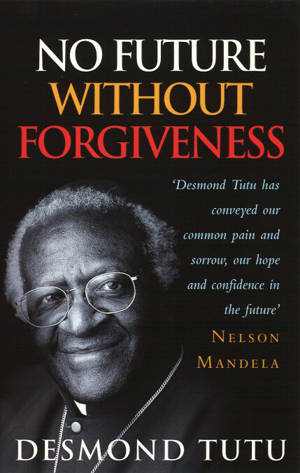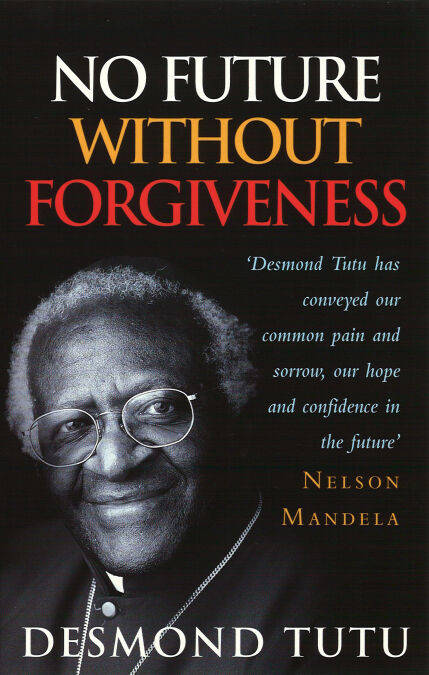
- Afhalen na 1 uur in een winkel met voorraad
- Gratis thuislevering in België vanaf € 30
- Ruim aanbod met 7 miljoen producten
- Afhalen na 1 uur in een winkel met voorraad
- Gratis thuislevering in België vanaf € 30
- Ruim aanbod met 7 miljoen producten
Zoeken
Omschrijving
No Future Without Forgiveness is a quintessentially humane account of an extraordinary life. Desmond Tutu describes his childhood and coming of age in the apartheid era in South Africa. He examines his reactions on being able to vote for the first time at the age of 62 - and on Nelson Mandela's election, also his feelings on being Archbishop of Cape Town and his award of the Nobel Peace Prize in 1984. No Future Without Forgiveness is also his fascinating experience as head of South Africa's Truth and Reconciliation Commission. The latter was a pioneering international experiment to expose many of the worst atrocities committed under apartheid, and to rehabilitate the dignity of its victims. Tutu draws important parallels between the Commissioners' approach to the situation in South Africa with other areas of conflict such as Northern Ireland, the Middle East, Rwanda and the Balkans.
Specificaties
Betrokkenen
- Auteur(s):
- Uitgeverij:
Inhoud
- Taal:
- Engels
Eigenschappen
- Productcode (EAN):
- 9781448118052
- Verschijningsdatum:
- 30/01/2012
- Uitvoering:
- E-book
- Beveiligd met:
- Adobe DRM
- Formaat:
- ePub

Alleen bij Standaard Boekhandel
+ 11 punten op je klantenkaart van Standaard Boekhandel
Beoordelingen
We publiceren alleen reviews die voldoen aan de voorwaarden voor reviews. Bekijk onze voorwaarden voor reviews.








